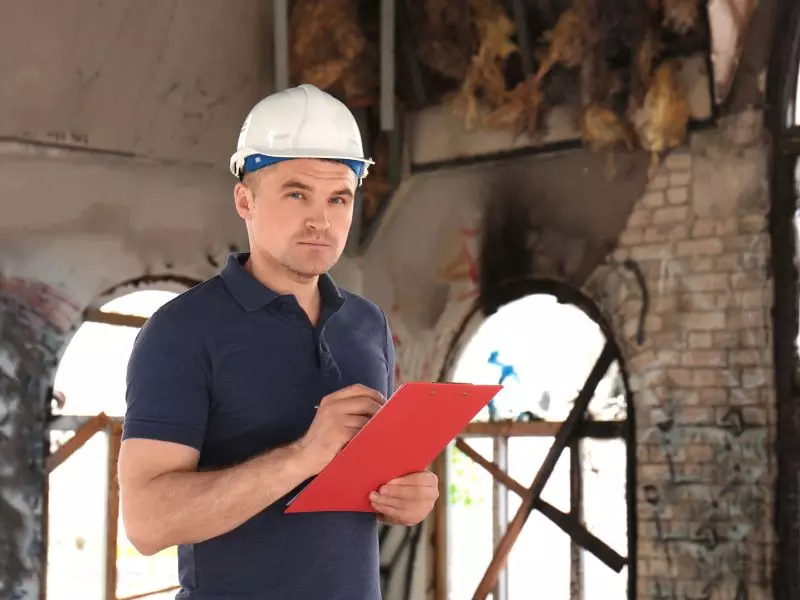
Building a new home can be an exciting process, but it can also be overwhelming with all the permits, approvals, and regulations involved. To ensure your building project runs smoothly, you must understand the different permits you will need to obtain before breaking ground.
This blog post will outline the essential permits required for building a home in Massachusetts.
Permits Needed for Building a Home in Massachusetts
Building Permit:
The first and most crucial permit you will need is a Building Permit. This permit is issued by the local building department. It ensures that your plans meet the local building codes and regulations. With a Building Permit, you can proceed with your construction project.
Zoning Permit:
A Zoning Permit is required to ensure that your proposed construction complies with local zoning laws. These laws may include restrictions on height, setbacks, and lot coverage. Your local zoning board will review your plans and issue the permit if they comply with the zoning regulations.
Electrical Permit:
Any electrical work performed on your property, including the installation of lighting fixtures, electrical wiring, and service upgrades, will require an Electrical Permit. This permit ensures that the electrical work meets safety standards and complies with local codes.
Plumbing Permit:
A Plumbing Permit is required for any plumbing work performed on your property, including installing fixtures, pipes, and sewer systems. This permit ensures that the plumbing work meets safety standards and complies with local codes.
Gas Permit:
A Gas Permit is required for any gas work performed on your property, including installing gas lines, appliances, and heating systems. This permit ensures that the gas work meets safety standards and complies with local codes.
Septic Permit:
Suppose your property is separate from the public sewer system. In that case, you will need a Septic Permit for the installation of a septic system. This permit ensures that the septic system meets health and safety standards and complies with local regulations.
Wetlands Permit:
Suppose your property is located near a wetland or other protected area. In that case, you may need a Wetlands Permit from the local Conservation Commission. This permit ensures that your construction project does not harm the environment.
Issuing Authority for Permits Needed to Build a Home in Massachusetts
Here's a list of the various government agencies responsible for issuing the permits required for building a home in Massachusetts:
- Building Permit: Issued by the local building department.
- Zoning Permit: Issued by the local zoning board.
- Electrical Permit: Issued by the local electrical inspector.
- Plumbing Permit: Issued by the local plumbing inspector.
- Gas Permit: Issued by the local gas inspector.
- Septic Permit: Issued by the local Board of Health.
- Wetlands Permit: Issued by the local Conservation Commission.
It's important to note that the specific agencies responsible for issuing these permits may vary depending on the location of your construction project.
Who is Responsible for Obtaining the Permits?
Typically, the homeowner and the home building contractor are both responsible for obtaining different permits for a building project. Here's a list of the permits that the homeowner and the contractor may be responsible for obtaining:
Homeowner:
- Zoning Permit
- Wetlands Permit
Contractor:
- Building Permit
- Electrical Permit
- Plumbing Permit
- Gas Permit
- Septic Permit
However, it's important to note that these responsibilities may vary depending on the specific circumstances of your building project. For example, the homeowner may choose to obtain all the permits themselves or delegate the responsibility of obtaining specific permits to the contractor. Before starting your construction project, consult with your local building department and home building contractor to determine the exact permits required for your project and who will be responsible for obtaining them.
Conclusion
Building a new home in Massachusetts requires obtaining several permits to ensure that your plans comply with local codes and regulations. While navigating the labyrinth of government regulations might seem complicated, having the right construction contractor as a partner will make the entire process much easier and quicker.
